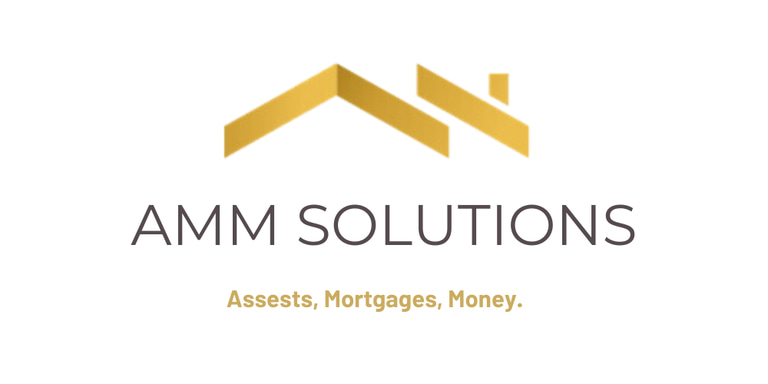FAQs
What is a hard money lender?
A hard money lender is an investor who makes loans secured by real estate and usually lends on a short-term basis to real estate investors or developers. The investors/developers use the money to purchase and then renovate or develop properties. Upon completion, the investors/developers sell the properties and repay the loan.
Are all hard money loans backed by real estate?
Most hard money loans are backed by real property as collateral, but some are not real estate backed. The most notable exceptions occur when a hard money loan is backed by another loan from a third-party institution.
What is the difference between hard money loans, private money loans, and bridge loans?
These are all different names for the same thing. Here’s a more complete list of alternative names for hard money loans:
Private money loans (a term we’ll use throughout this FAQ)
Bridge loans (another term we’ll use in this FAQ)
Short-term loans
Transitional loans
Asset-based loans
Rescue loans
What is the difference between hard money lenders and bank lenders?
Hard money lenders, also known as private money lenders, differ from bank lenders in several ways.
Hard money lenders often fund loans more quickly and have fewer requirements than banks do. Indeed, hard money lenders are sometimes called asset-based lenders because they focus mostly on the asset being used as collateral for the loan, whereas banks usually require strong collateral as well as excellent credit and cash flow from the borrower.
Hard money lenders are willing to foreclose on and take back the underlying property if necessary to satisfy the loan. Bank lenders typically look at the borrower to be able to pay back the underlying loan from the borrower’s income, whereas hard money lenders are comfortable looking to a sale or refinance of the property as the method of repayment.
We explore the differences between hard money lenders and banks in more depth in a later section of this FAQ.
Why do hard money lenders exist?
Hard money lenders exist because many real estate investors/developers need a lender who can provide a quick response and quick funding. Otherwise, the investor/developer may not be able to secure a deal on the property they want to purchase.
Banks and other institutional lenders usually offer lower interest rates than private money lenders do, but they don’t provide the fast decisions and quick access to capital that real estate investors/developers need to close deals and run their businesses.
What does the term “hard” mean in hard money lender?
The “hard” in hard money lending refers to the higher price charged to borrowers both in terms of interest rates and higher loan origination fees.
Interest rates for hard money loans vary based on market interest rates, and origination fees are often around 2 percent of the loan amount, versus 1 percent or less for a typical bank loan.
When does it make sense for property developers to use a hard money loan?
In our experience, even investors/developers with strong financial statements and access to bank credit frequently choose to use private money loans.
Why? Because the investor/developer has an opportunity to quickly generate substantial profit or savings, and the costs that come with a hard money loan (higher interest, origination fees) are small relative to the anticipated profit.
Many property developers also realize that getting a bank loan will usually take longer than getting a hard money loan, and that extra time could prevent them from closing a deal that could make them a healthy profit. Even if the extra time involved in getting a bank loan doesn’t prevent a deal from happening, it could delay the purchase process and ultimately delay the sale that yields the profit.
Situations where private money loans make the most sense include those where the borrower:
Requires a quick closing and banks cannot meet the deadline.
Has more good real estate investment or property development opportunities than cash.
Wants to focus on finding new opportunities rather than spending time raising equity or debt from many different smaller investors.
Lacks the patience or time to deal with the bureaucracy of securing a loan from a bank.
Has an excellent investment opportunity, but does not have sufficient financial strength to get a bank loan.
Has a bank line of credit but needs a larger loan than the existing bank line allows.
What kinds of property do hard money lenders make loans on?
Hard money lenders will lend on both commercial and residential properties, but many will not lend on owner-occupied residences due to higher thresholds of scrutiny required by law. Commercial properties can include industrial buildings, shopping centers, and office buildings. Some, but not all, hard money lenders will also invest in raw land slated for development and even hotels.
Vacation homes (single family residences), even if not a primary residence, are considered owner occupied, so many hard money lenders may not finance them. Ultimately, though, the decision will depend on that lender’s criteria regarding owner-occupied home loans.
Why does the hard money lender need title insurance?
Title insurance helps protect someone who has purchased real estate against another party making a claim challenging the ownership of the property and the seller’s right to enter into a transaction.
The title insurance company will handle any issues that arise during the property sale, and if a competing claim of ownership is deemed legitimate, the title insurance company is responsible for payment of any fees to the claimant.
Bridge lenders insist on being covered under title insurance in order to enjoy the same protection as the borrower.
How long does it take hard money lenders to fund a loan?
It generally takes a hard money lender 30 days or less to fund a loan, and some private lenders can fund loans in two weeks or less.
